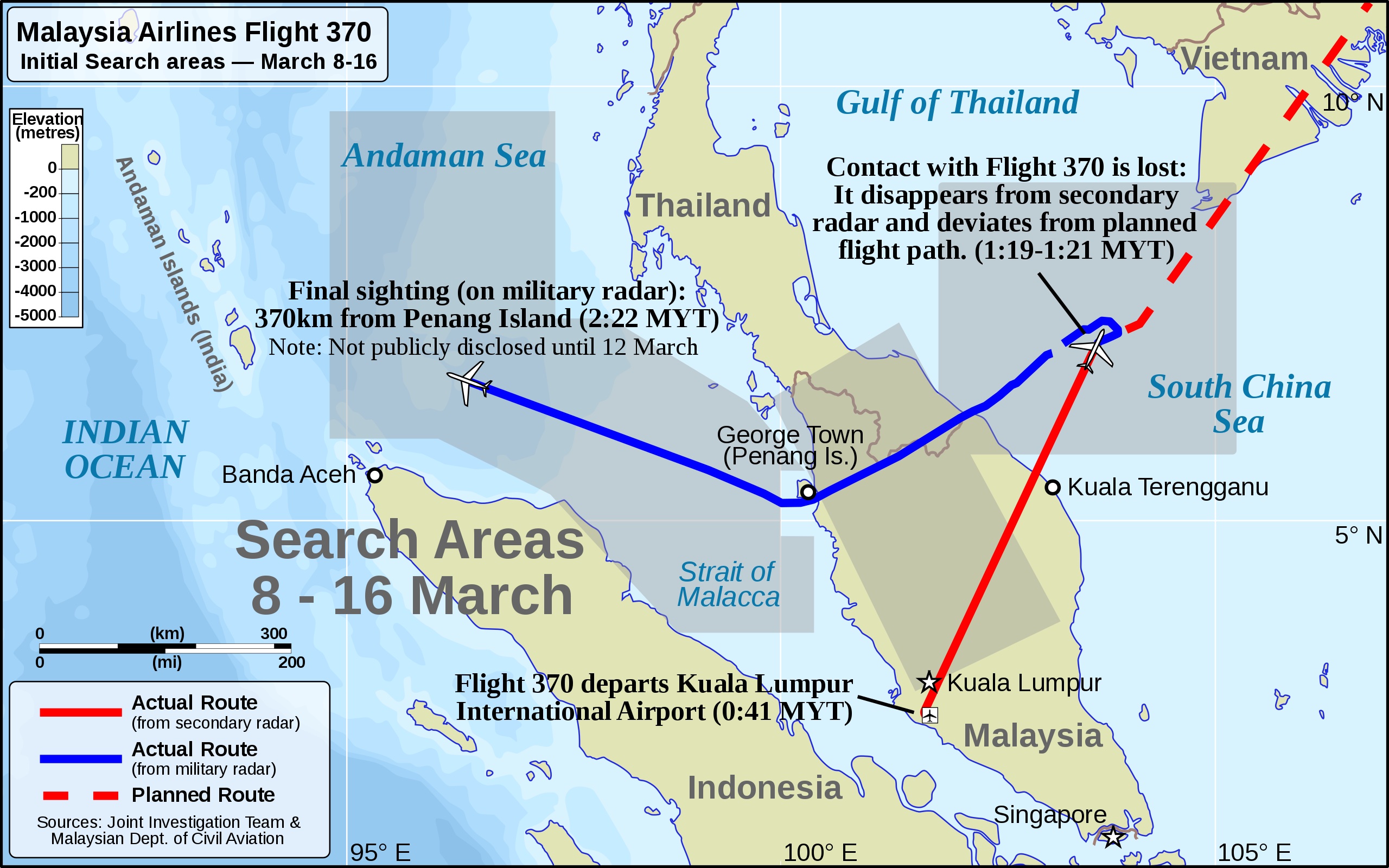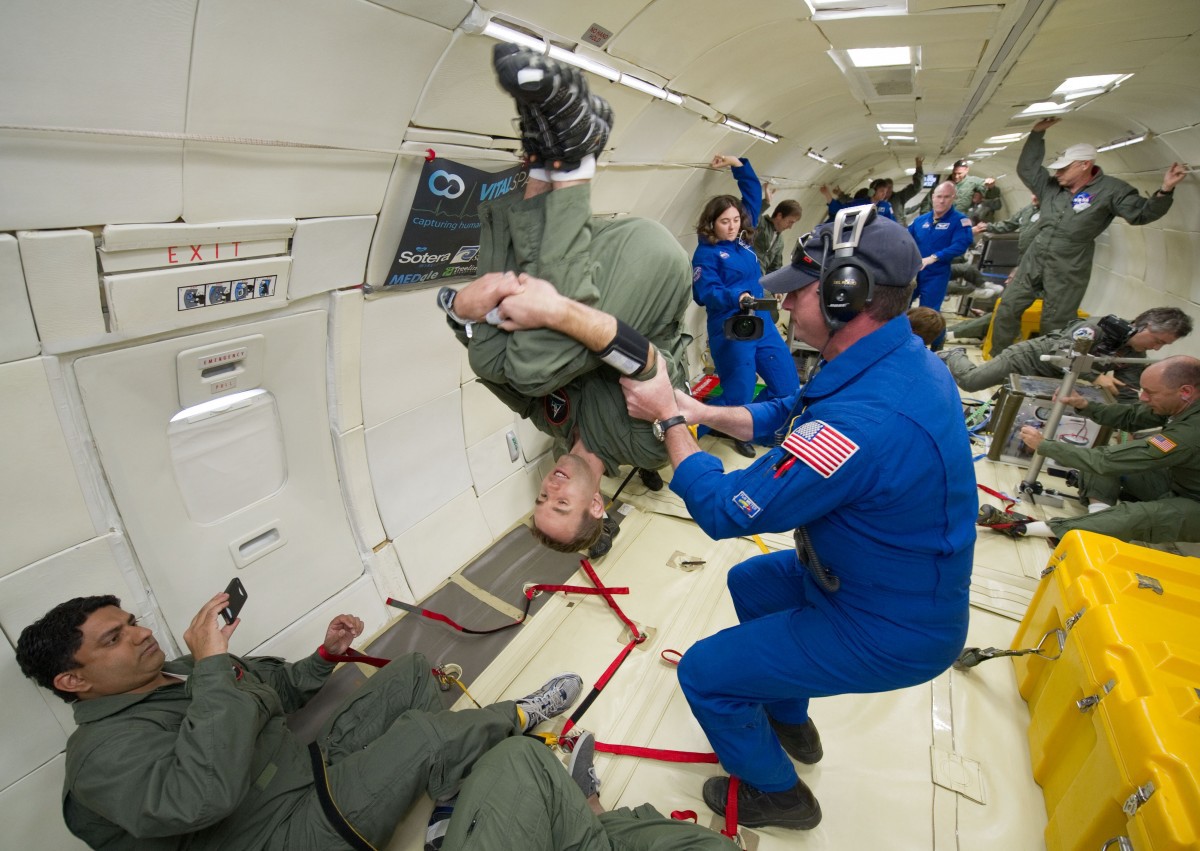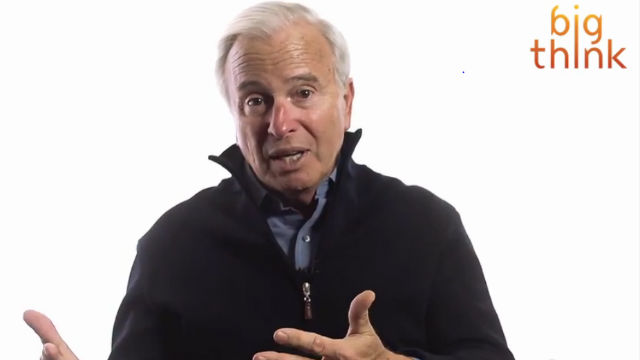Ken Auletta on how Netflix broke the TV pilot mold.
Ken Auletta: Netflix – when House of Cards came – Kevin Spacey and the producers came to them with the idea of House of Cards they said, “We will give you a commitment without doing what every other TV network does which is insist on seeing a pilot, testing it and letting it compete against others. We will give you a two season commitment.” Not just a one season commitment which only very few get a full season. We’ll give you a two season commitment. And so people said, “How would they dare risk a two season commitment without seeing a pilot, without, you know, without testing it.”
What people missed which is something they miss what Netflix actually did. What Netflix actually did before Kevin Spacey and the producers came – and David Fincher came to them – they looked up and they saw Kevin Spacey movies did very well on Netflix. David Fincher movies that he directed did very well. Political dramas did very well on Netflix. They had a built in audience for all of those three. And the British series that ran earlier than House of Cards had a lot of popularity on Netflix. And Netflix was saying, “If we could combine those four audiences together, we’ve got a show that’s gonna do very well, particularly when you’ve got Kevin Spacey fronting it, you know, as an actor.”
It was not a sure bet – nothing ever is a sure bet but it was not a blind bet. They knew what they were doing. It helped build up the subscriber base for Netflix. Netflix now has 43 or so million subscribers around the world. And that’s grown exponentially since they put on original programming like House of Cards.
Reed Hastings is an engineer, that’s what you have to know. And that’s an advantage in the world of massaging data and understanding who your audience is. So they come up with all these different algorithms with the many engineers who work at Netflix and they basically slice and dice the salami in so many different ways to say, “Let us test what people like.” I mean how many people like political dramas. How many, you know, whatever. But the 49,000 – I don’t even know all the 49,000 whereas I’m talking to the people who run engineering for them and they’re talking about how they test.
They’re testing everything. What have you watched before? I mean what is the average amount of hours you spend bingeing. What do you watch after you binge on a political show? What else do you watch? Do you watch another political show? And if you do then I know I’ve got a real – someone really is a prime customer for me – a political show. When you watch Kevin Spacey, have you watched all of his movies? And they can measure – they have the data to tell you that you didn’t just watch one Kevin Spacey movie, you watched all of his movies. My gosh. That’s – you’re a fan. So they can dice and slice all of it up and basically present a prediction as to who the audience is and how big that audience will be – or might be. And that becomes a great advantage that data.
Directed/Produced by Jonathan Fowler, Elizabeth Rodd, and Dillon Fitton





